Do cigars expire? No. Do cigars go bad? Yes, but only if they are not stored in ideal conditions. Cigars are not perishable like fruits or vegetables. Premium, handcrafted cigars will actually remain fresh, or at least smokable, indefinitely, if they are stored correctly. Cigars can be aged similar to wine. As a cigar ages, its flavour can improve, peak, mellow out, or even dissipate. “Stale cigars,” however, are usually the result of too little or too much humidity.

The optimal conditions for storing cigars are 70% humidity and 70 degrees, but ranges of 65-72% humidity and 65-72 degrees are acceptable. Fluctuation is expected due to season and climate changes, however, keeping that fluctuation to a minimum is key. That is why a good humidor is important if you plan to start a cigar collection. Without a humidor, consider a handful of convenient alternative methods for achieving a consistent relative humidity and temperature for your cigars. You can store cigars in a Ziploc bag or in a sealed Tupperware container, as long as you have a humidification source, like a humidity pouch.
When cigars are aged, especially for several months or years, they can exhibit an ultra-refined taste. Distinct flavours created by the different leaves that make up a premium cigar will meld and deliver a smooth, more uniform profile. A cigar that has been aged significantly beyond its date of purchase can taste incredibly different. In some cases, stronger cigars that have been aged will lose some of their initial intensity, while a cigar that originally tastes bitter or harsh can dramatically improve. To understand, let us consider what a cigar is made of.
Cigar Anatomy 101
Premium cigars are handcrafted by highly skilled cigar rollers who spend many years developing their technique. Cigars are made from extensively fermented, or aged, tobaccos, much of which has been deliberately grown or selected to deliver specific aspects of taste and aroma in a given blend. Essentially, a cigar is made from a recipe of tobaccos that have been chosen by a master cigar-maker, or blender, like a chef who has patiently selected the ingredients for a special dish. A variety of distinct tobaccos make up the three primary components of a cigar: the binder, the filler and the wrapper leaf. These tobaccos can come from many countries or regions, or they can all come from the same field. For example, Davidoff Escurio is rolled from binder and filler tobaccos that are grown in the Dominican Republic, while the wrapper leaf comes from Brazil.

Yes, Cigars Can Go Bad
The two basic primary ingredients in a cigar are tobacco and water. The leaves that make up a cigar are humidified. Because moisture is integral to any handmade premium cigar, it must be maintained up until the moment you smoke it. When a cigar is dried out, its construction, taste, and consistency are negatively impacted. A similar result will also occur if a cigar is over-humidified. When humidity is deficient, a cigar’s tobacco will crack and crackle and can burn dry, hot, and very quickly – a bitter experience the blender certainly did not intend. Conversely, cigars that are over-humidified will feel and taste soggy, and have a tendency to burn out, and can be plugged or exhibit a constrictive draw. Over-humidified cigars also have a higher propensity to develop mould. Additionally, rapid changes in humidity and temperature can cause a cigar’s wrapper to split.
Too Little Humidity
How can you ruin a good cigar? The most common reason cigars go bad is because they are left out of a humidified environment for days on end, or they are kept in the box or a Ziploc bag with no humidification. If you have purchased or received cigars in the past, but lacked an appropriate place to store them, the good news is that you can re-humidify your cigars. Place them in a humidified environment, such as humidor or Ziploc with sufficient humidity, and they can gradually be re-humidified. This process can take several weeks, or even months, if your cigars have been dried out for a lengthy period. The key here is that dry cigars need gradual humidity. Exposing dry cigars to too much moisture quickly will shock them. Also, keep in mind, there is a point of no return, when a cigar is simply too dry to be resuscitated. If the wrapper leaf is flaking off or crumbling like a potato chip, you will likely have less success re-humidifying your cigar.

Too Much Humidity
Excessive humidity can damage cigars, too. Some cigar lovers believe that softer, or “spongier” cigars are fresher. That is not the case. When cigars are stored in the range of 65-72% humidity, they will typically exhibit a soft firmness that gives very slightly with a touch of pressure between your fingers. Cigars that are too soft, or squeeze too easily, are either under-filled, or too moist. Pay attention to your cigars at the time of purchase. If you get your cigars from a reputable shop, they should be in perfect, humidified condition when you’re buying them. Essentially, those are the conditions you want to maintain. Too much humidity can also produce mould, which can ruin your cigars, as well as your entire humidor.
Popular Misconceptions About Aging Cigars
When a cigar has been stored in a humidified environment for a long period, small white crystals can appear on the wrapper. These crystals are known as “plume,” and the process of crystallization is referred to as “bloom.” Plume is actually a sign that your cigars have been properly aged. You can simply brush off the small white spots of plume and enjoy the rich, smooth flavour and aroma that well-aged cigars are known for.
How Can You Tell the Difference Between Cigar Plume and Cigar Mould?
While plume is a harmless substance and a welcome sign of proper cigar maintenance, mould is quite the opposite. Mould can occur when cigars have been humidified with tap water, as opposed to distilled water. Mould typically appears as a bluish or green substance. It harbours a musty smell and will not brush off your cigars. It can also easily grow on the interior of your humidor. If you utilize a traditional humidification unit in your humidor, refill it with only distilled water to avoid the potential for mould to occur. If you notice signs of mould on any cigars, remove them from the environment immediately and throw them out, as they will infect the other cigars you are storing. Mould can also grow in the lining of your humidor and is very difficult to remedy. Often, humidors affected by mould should be discarded.

Wrap Up
A nice collection of cigars is an investment. As you develop a palate for premium cigars, it is often fun to experiment a bit. When you have discovered a brand or a blend that you are fond of, try ageing a handful for differing durations to taste how their flavours evolve.
Some cigar enthusiasts will obsess over pre-embargo Cubans, which if legit, have been aged for more than 50 years. That is an incredible amount of time. I have aged cigars in my personal collection for 6 to 7 years in the past. Some blends delivered a wonderfully enhanced flavour, while others lost their complexity and tasted flat. I recently had the pleasure of smoking a Cohiba Secretos Maduro 5 from 2007 and it was positively sublime. Whether you plan to store your cigars for 8 days or 18 years, as long as you keep them humidified properly, they will stay fresh, burn perfectly, and taste great.

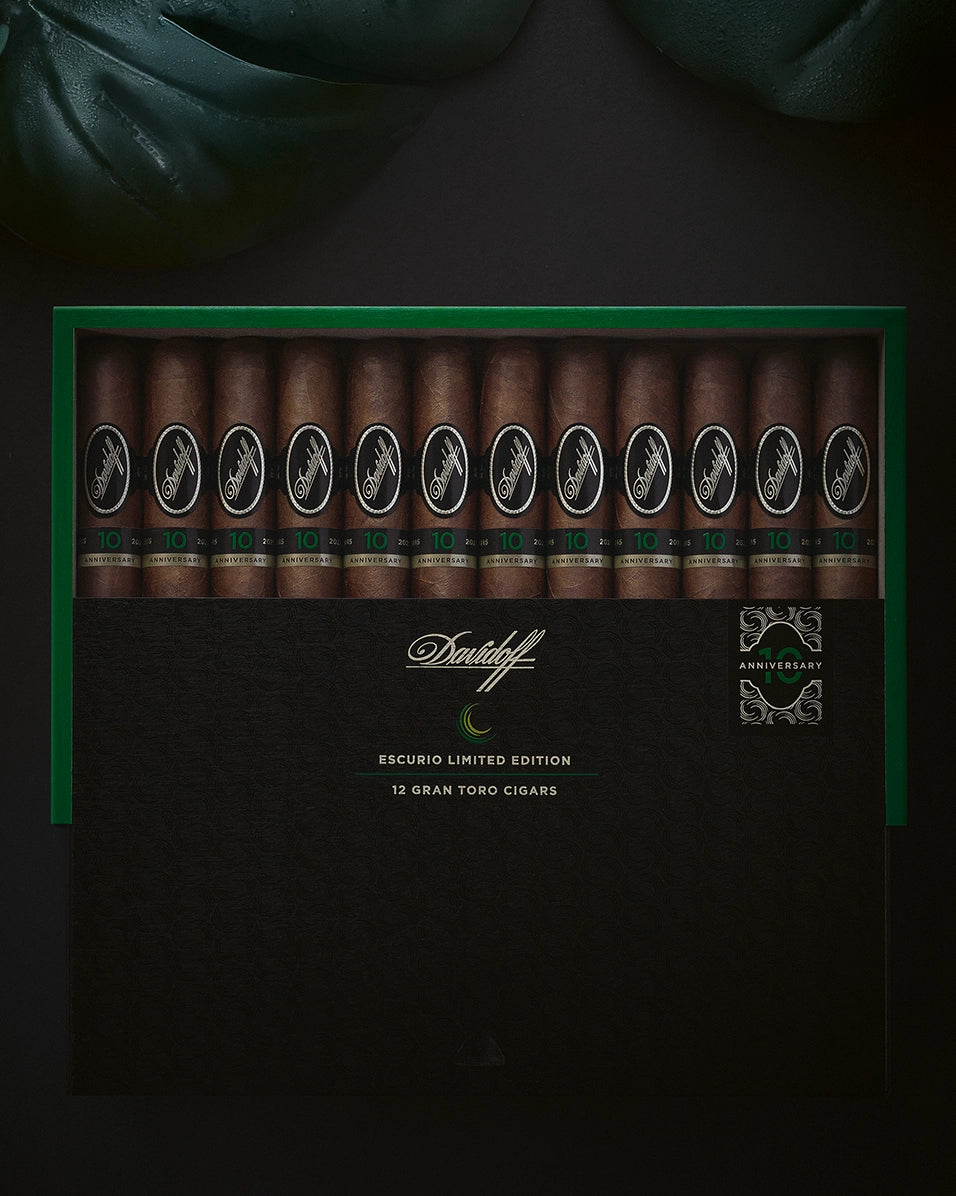
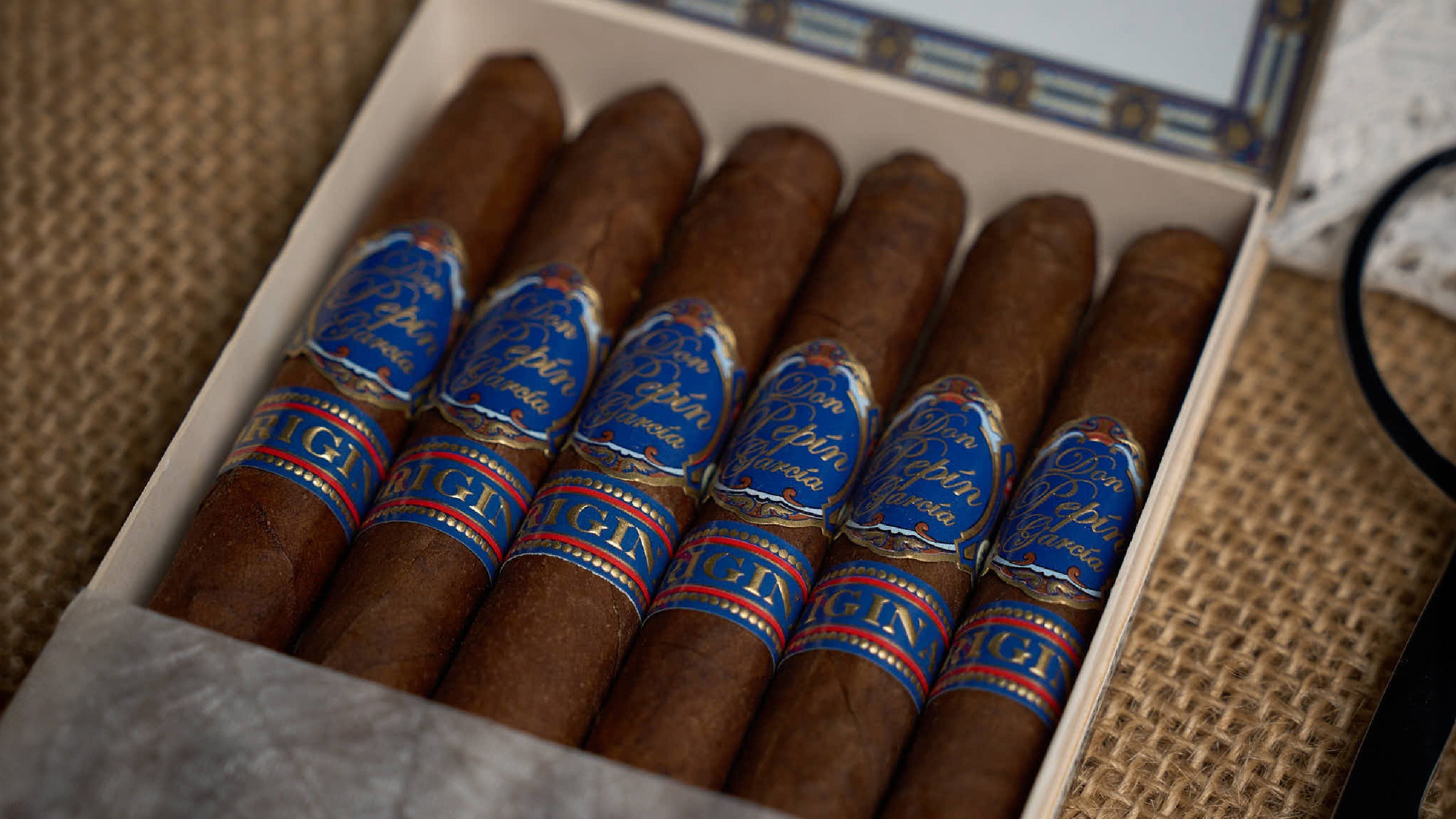
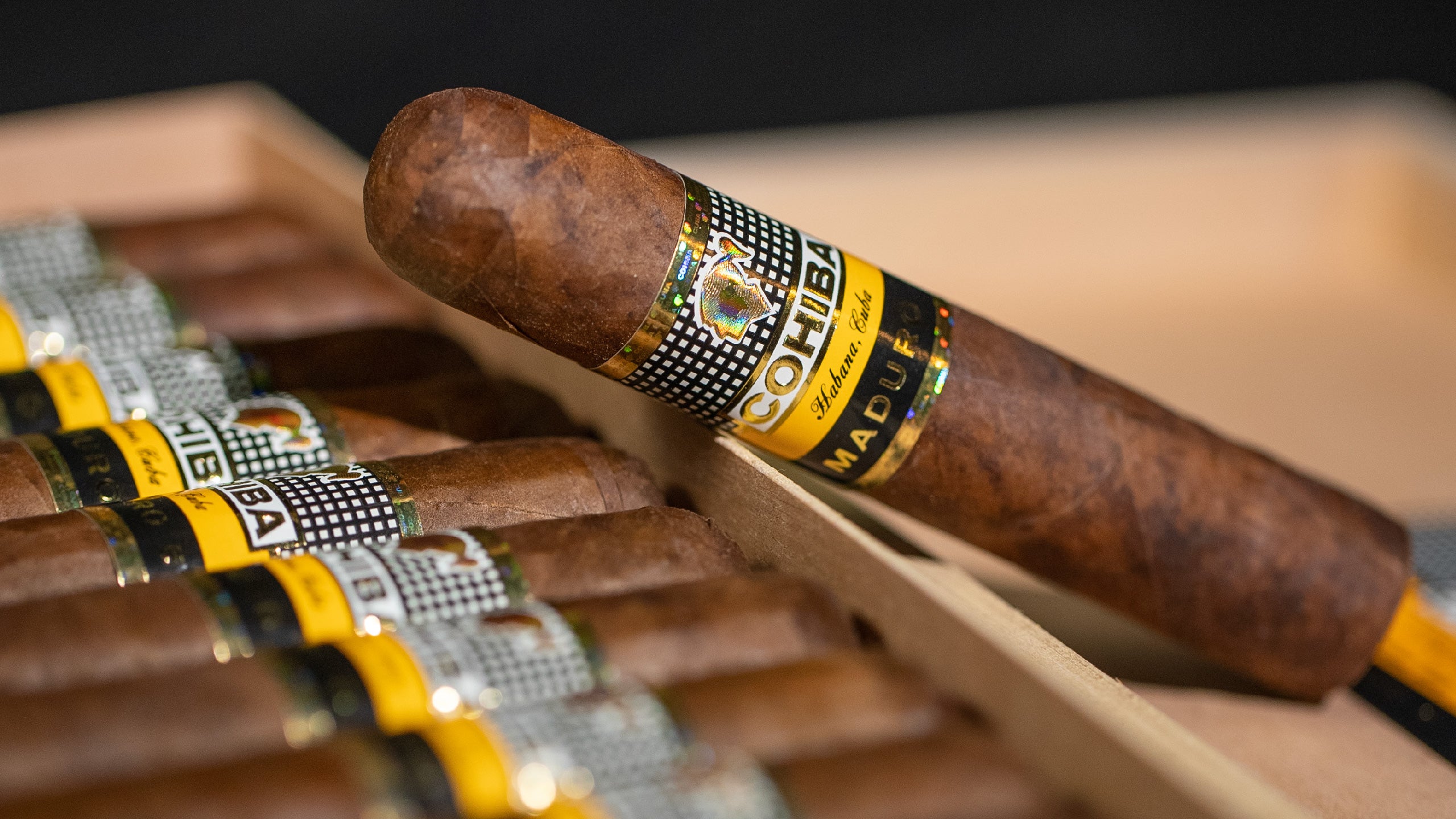
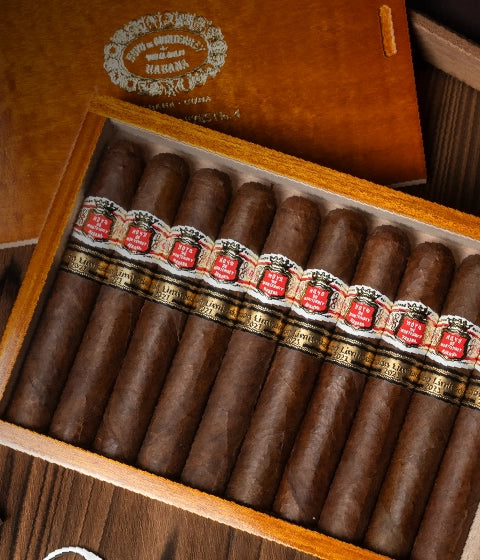
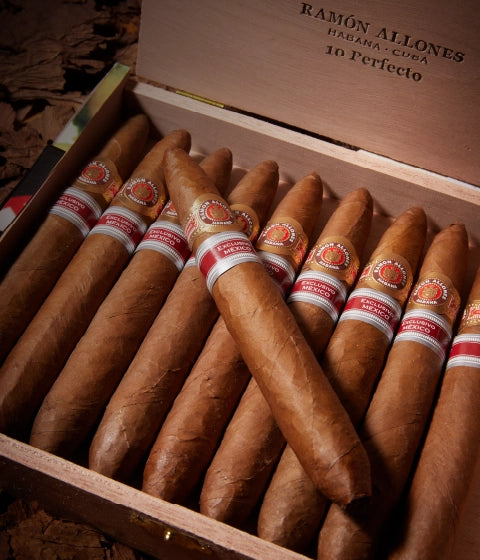
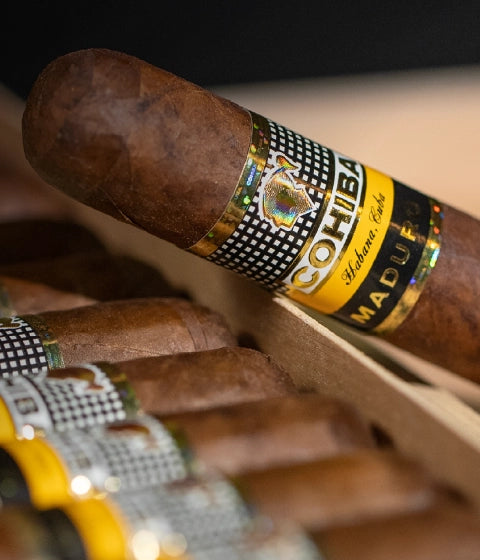
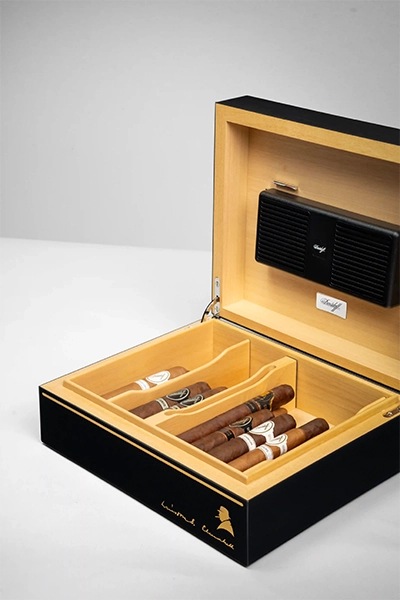
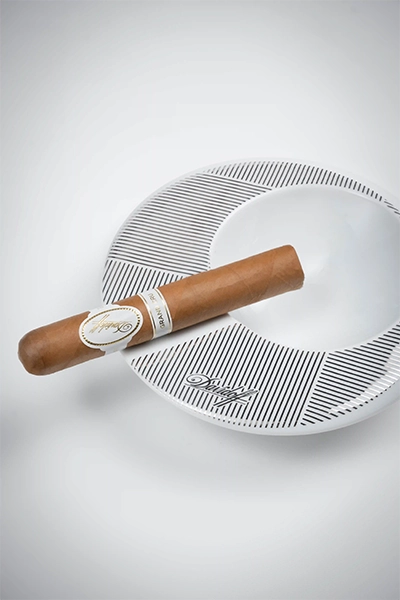
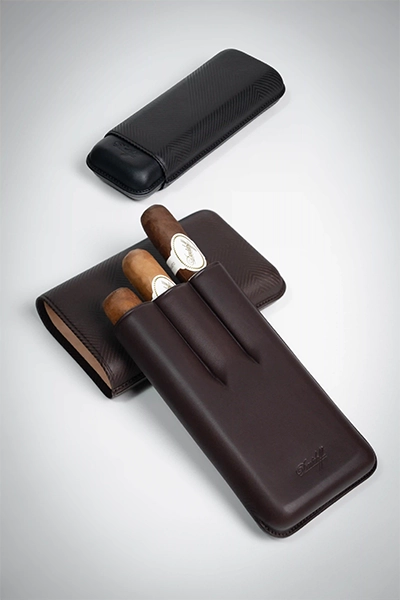
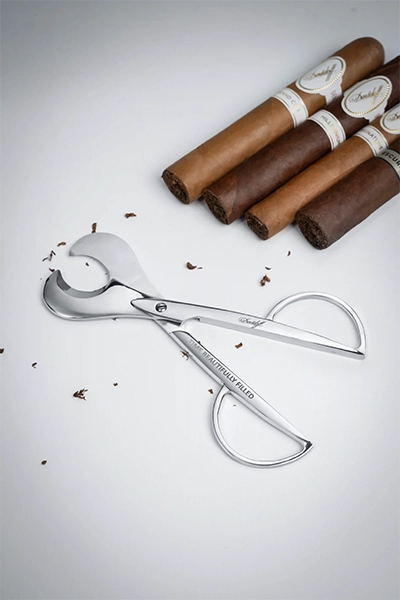
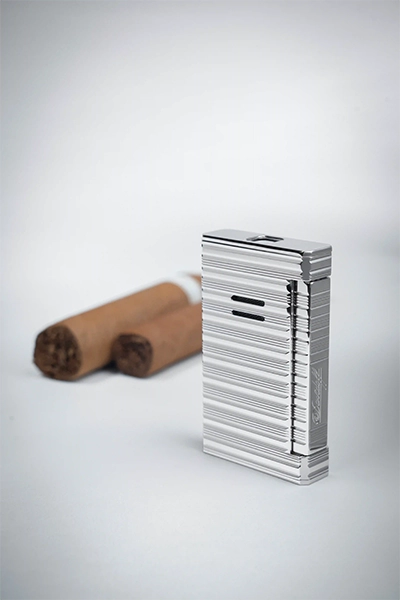
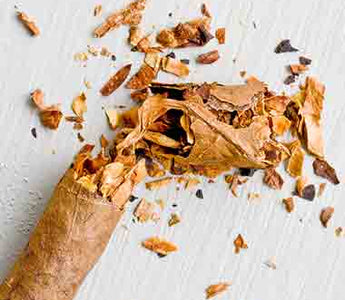
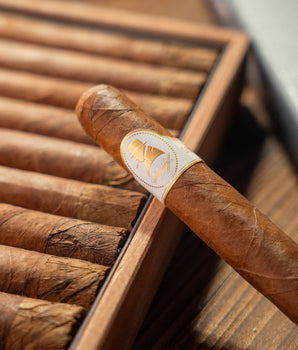
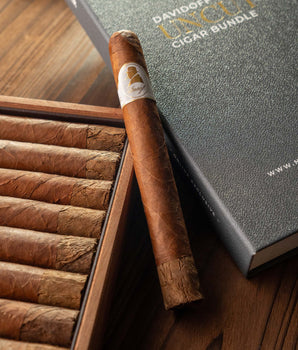
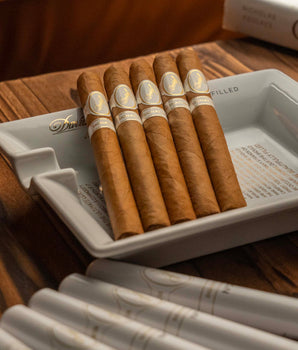
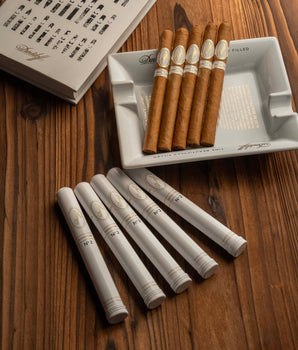
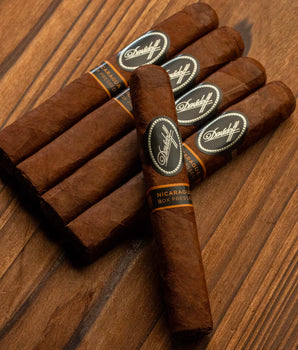
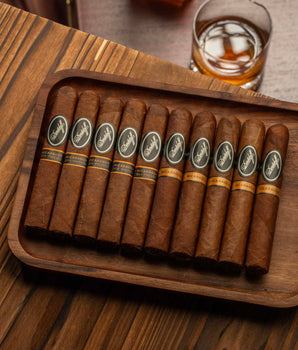

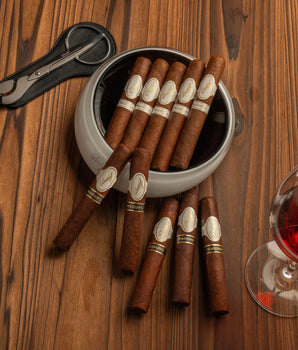
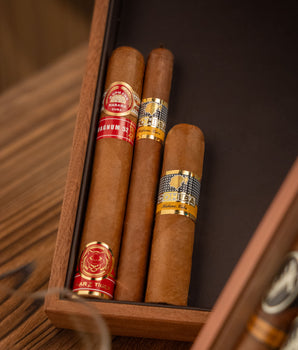
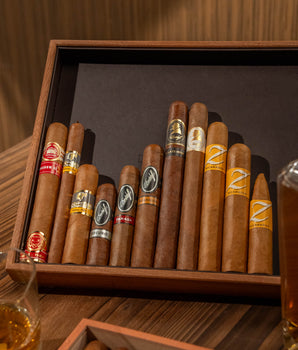




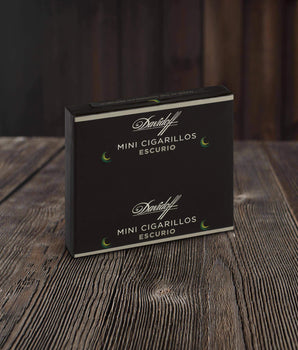
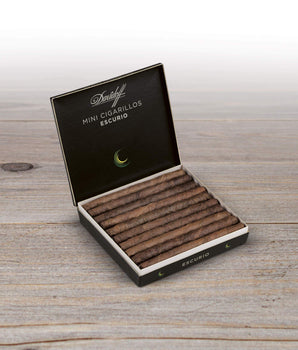
1996年にハバナで記念に買ってきた葉巻があります。Montecristoと有名なブランドのようですね。
一本葉巻の形の缶に入っており、買った当時2,3回蓋を開けて中を見ました。
以来ずっと缶の中に入っていますが、状態が分かりません。これでも熟成されていたら吸ってみるのもいいのかなと思いました。